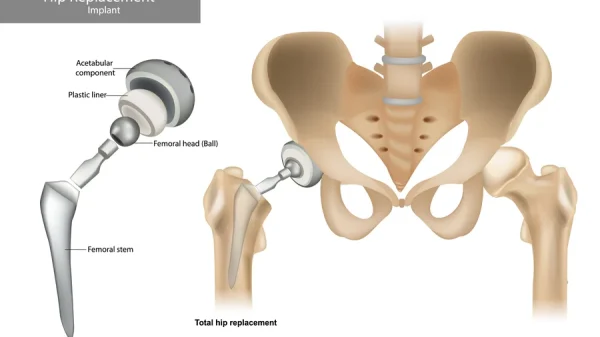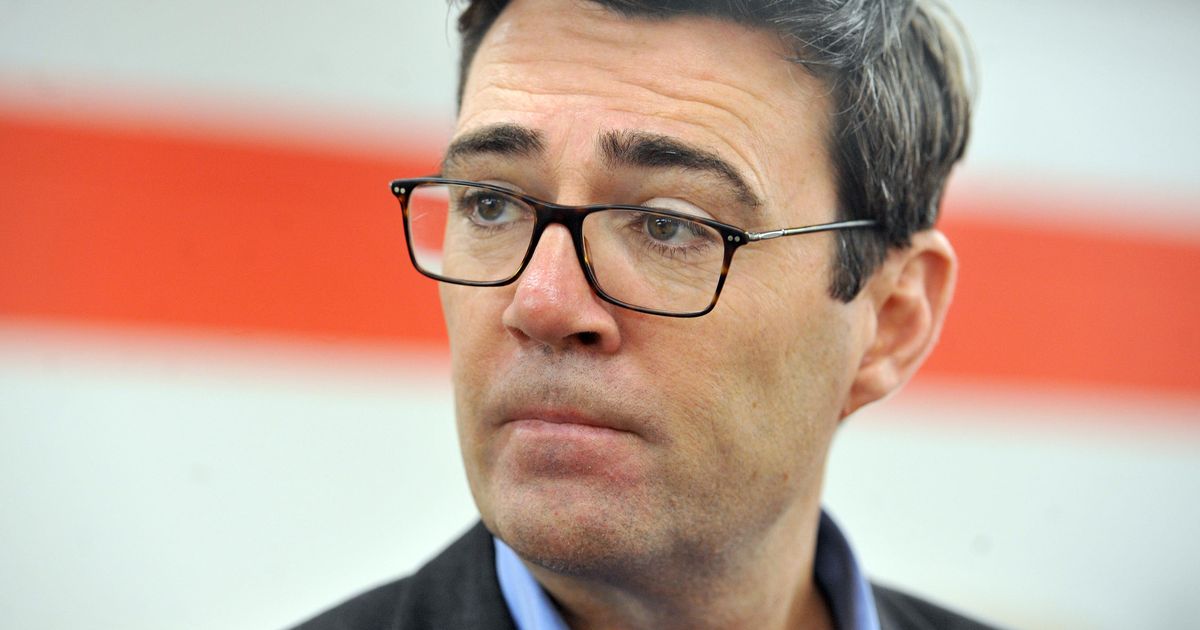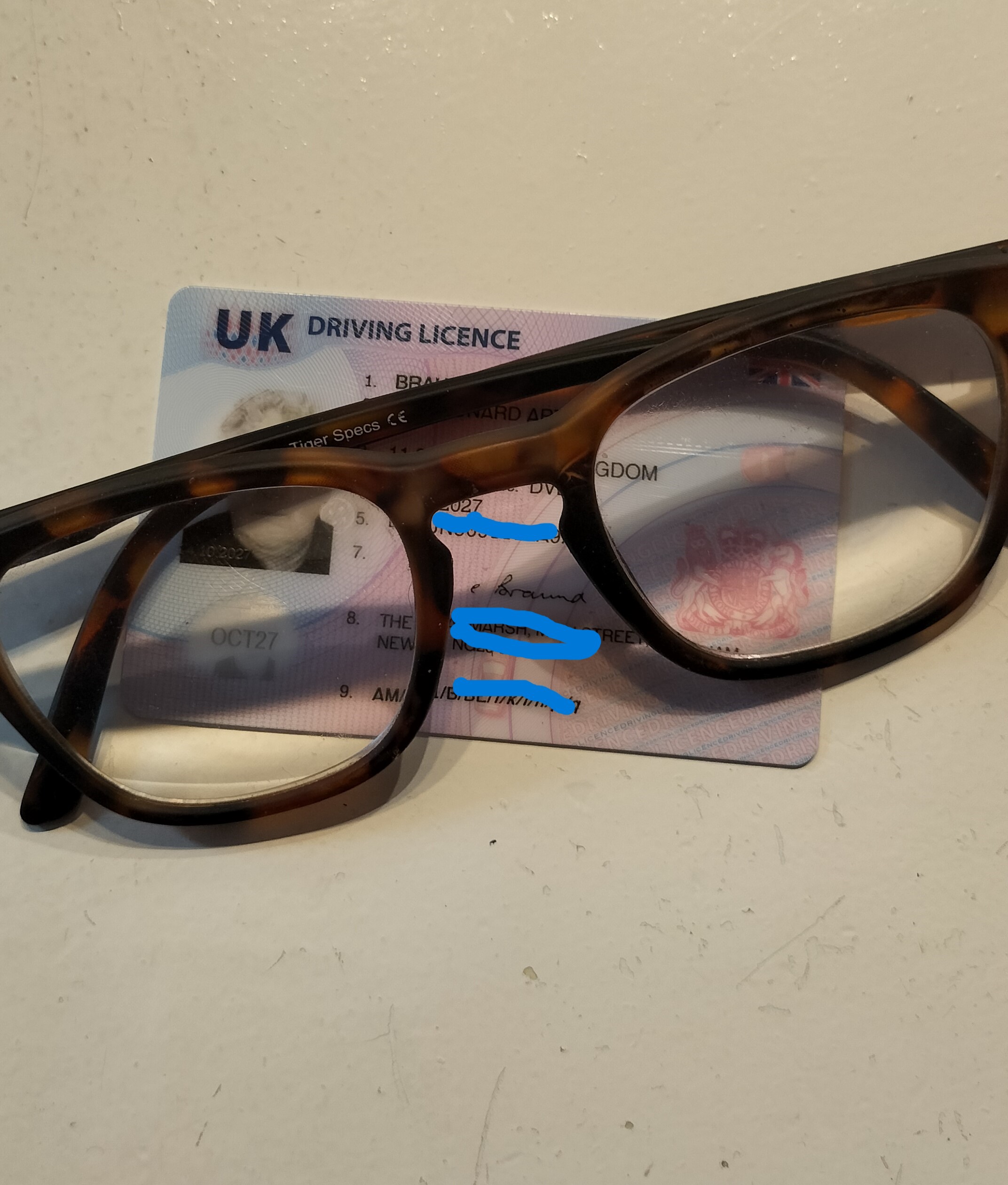
Drivers aged over 70 who fail eye-tests could be banned from the road.
The Government is also considering tougher laws on drink-driving.
The Times reports the new measures will be published in the autumn.
The proposals are that over 70s would need to take an eye-test every three years.
They could also be examined for conditions such as dementia.
The drink-drive limit in England and Wales is also expected to drop from 35 micrograms of alcohol per 100 millilitres of breath to 22 micrograms.
And to help re-enforce drug-driving laws, police officers will be allowed to use roadside saliva tests instead of blood tests as evidence.
A Government source told The Times:
“It cannot be right that one person is killed or seriously injured on our roads every 18 minutes.
“Just think of the impact on those people and their families. We cannot sit by and simply do nothing.”
The plans have come amid rising deaths on Britain’s roads.
The number of serious road accidents has risen by almost 20 per cent since 2010.
A total of 1,633 people died in road traffic accidents in 2024.
A further 28,000 were seriously injured, figures revealed.
Meanwhile, the number of drivers aged over 60 involved in collisions that lead to death or serious injury has risen by 47 per cent since 2010.
Edmund King, the AA president, said:
“It is in everyone’s interests to tackle road safety and bring the levels of death and serious injuries down significantly.
“In other countries, such as Australia and Canada, the introduction of new measures to help young drivers have reduced death and serious injury from between 20 per cent and up to 40 per cent.
“Hence, if the UK scheme saw similar reductions, it is estimated that at least 58 deaths and 934 serious injuries could be prevented each year.
“The stark reality is that, as well as better education and tougher rules, we need more officers to police the streets — at least 1,000 more roads officers, not only to act as a deterrent, but to stop dangerous drivers in the act before a tragedy happens.”
Steve Gooding, the director of the RAC Foundation, said:
“It will be important for any new strategy to recognise the priorities that we and others have highlighted – focusing on young drivers, crash investigation and mandatory fitment of safe-driving features in new cars – but also to maintain activity on established issues such as drink and drug-driving and seatbelt wearing.”























